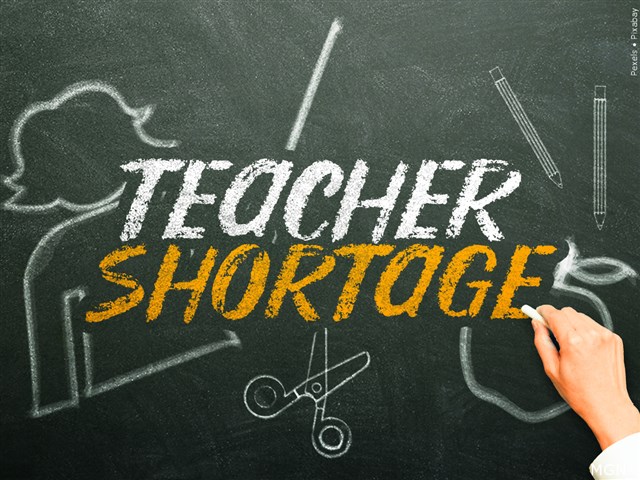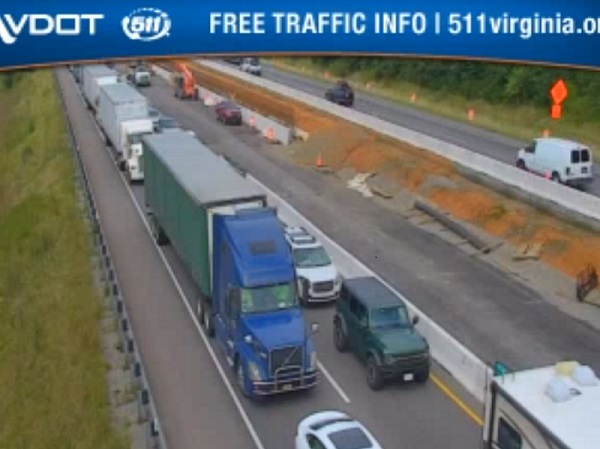If you are thinking of buying a new car any time soon, be prepared to pay more...
Evan Jones
Franklin County hopes to encourage more business development — and help address a county-wide housing shortage —...
For the first time in Virginia, both political parties are fully embracing early voting as a major...
All teachers in at least four Roanoke-area school systems are back at work today — Roanoke, Franklin,...
Botetourt County Supervisors will continue leaving it to library staffers to determine what books should be available....
Roanoke City recorded its first fatal shooting for August less than one hour into the new month....
Roanoke County Parks will celebrates completion of six new pickleball courts today at Walrond Park in the...
Teachers in many area school systems will return to their classrooms tomorrow, preparing for the start of...
Thousands of children will be headed back to school soon, and state health officials say that means...
The Roanoke River Greenway’s “missing link” is missing no longer. Roanoke City and Greenway Commission officials cut...
Teachers in several area school systems report for work next week as a new school year gets...
Both major political parties are set to spend many millions of dollars in this year’s General Assembly...
UPDATE: Northbound Interstate 81 is once again open, but some residual backups may take some time to...
If you saw “Oppenheimer” over the weekend — or plan to any time soon — a Virginia...
There is still a long way to go, but Roanoke County’s plans to revitalize the Tanglewood area...














